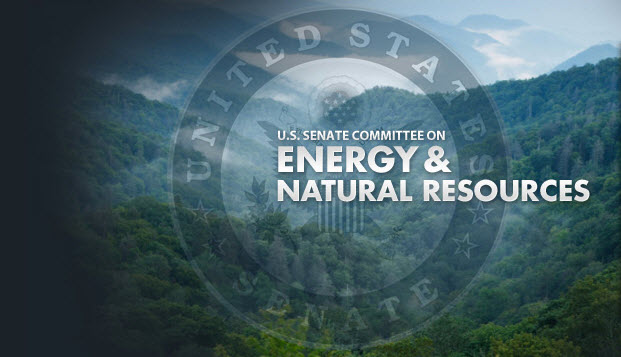
ASP CEO, General Cheney Testifies at Senate Energy Security Hearing
This morning the Senate Committee on Energy and National Resources held a hearing to examine the status and outlook for United States energy and resource security. ASP’s CEO, General Cheney, was one of the expert witnesses featured to speak on the panel. General Cheney discussed the importance of diversifying American energy resources and addressing the potential threats to energy security. In his testimony, General Cheney defined energy security as the ability of a country to define their interests overseas completely independent of how they use energy domestically. This is a level not yet achieved by the United States despite, as many members of the panel highlighted, America’s vast increase in oil production over the last decade.
General Cheney made it clear that the government should not be complacent in its efforts to diversify the country’s energy resources simply because of the American resurgence in shale oil production. Instead, he proposed that the U.S. use the breathing room provided by the domestic increase in oil and gas to invest in research and development of new energy resources. With the national security threats of climate change increasing daily, the U.S. cannot afford to continue their over-reliance on fossil fuels in both the civilian and military sectors.
General Cheney and other members of the panel were asked a variety of questions by the present senators on the committee. Senator Franken asked General Cheney how the Department of Defense should be preparing for climate change. General Cheney was able to briefly summarize some of the testimony he had given last week for the House Science Committee. He labelled climate change as a huge destabilizer and stressed that the Department of Defense will face both strategic and tactical issues arising from climate change.
Some of these possible consequences include an increase in catastrophic weather and a mounting refugee crisis as people need to escape rising temperatures and unlivable areas. In addition, U.S. military bases and stations face significant risks from rising sea levels, an issue already being experienced at Norfolk Naval Base. He further reiterated that now is the time to start investing in other energy options through research and development while the United States has the economic safety net provided by domestic shale oil production. A video of the briefing is available below:






